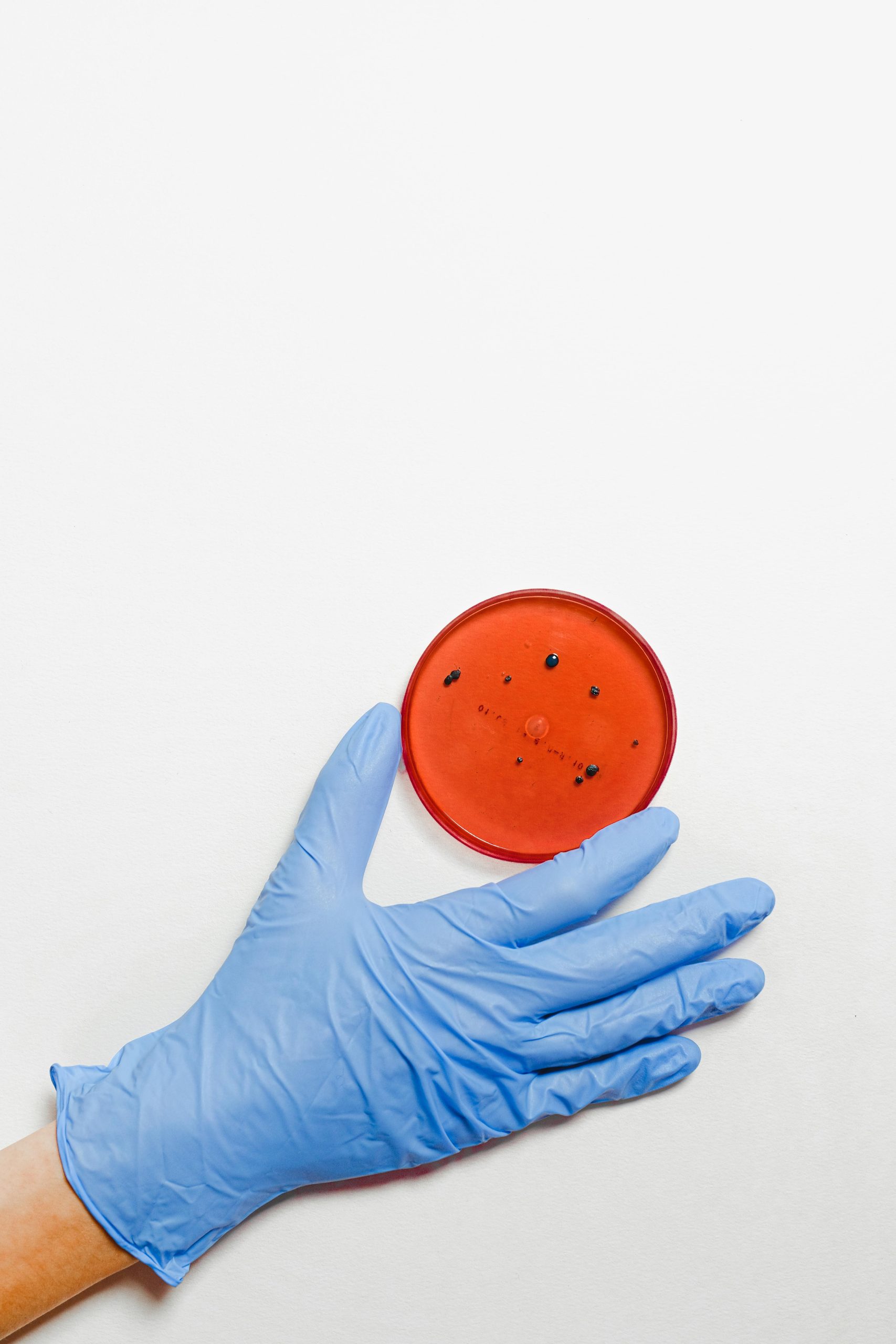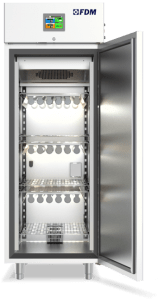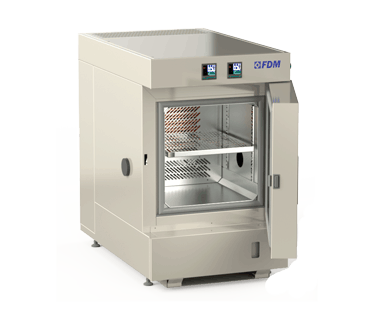
In the vast panorama of scientific, medical and pharmacological research, an indispensable tool is the laboratory incubator.
These instruments play an essential role in ensuring a controlled and optimal environment for a wide range of experiments and tests, allowing researchers to carry out precise, accurate and reproducible studies.
Today we will see in detail what incubation is, what an incubator is, how it works and what it is used for.
What is Incubation
In zoology, incubation is defined as the initial phase of development of an organism, generally the growth of an embryo inside an egg.
Laboratory incubation aims to be able to artificially reproduce the conditions that govern this process.
In the context of scientific laboratories, incubation is mainly used to cultivate bacteria, yeast, cells and tissues.
To do this, it is necessary to have an environment isolated from the outside in which to simulate the typical environmental conditions of incubation.
This tool is called a laboratory incubator.
Illumination Chamber
Discover the latest features of FDM Growth Chambers.
How a Laboratory Incubator Works
Laboratory incubators are environments completely isolated from the outside and carefully designed to guarantee the stability and precision of the internal environmental conditions.
There are two fundamental parameters to regulate: relative humidity and temperature.
Inside the incubators, thanks to very sophisticated technologies, it is therefore possible to set pre-established temperature and relative humidity values and keep them unchanged for long periods of time.
Some incubators can also provide special atmospheric conditions, such as an oxygen-free or carbon dioxide-enriched atmosphere, to meet specific needs for cell growth or chemical reactions.
What is a Laboratory Incubator Used For
The uses of laboratory incubators are extremely diversified and range from biomedical research to industrial production. These tools are essential for:
- Growing Bacterial Cultures: Incubators provide an ideal environment for growing bacteria and other microorganisms, allowing scientists to study their physiology, metabolism and behavior under controlled conditions.: Gli incubatori forniscono un ambiente ideale per la coltivazione di batteri e altri microorganismi, permettendo agli scienziati di studiare la loro fisiologia, metabolismo e comportamento in condizioni controllate.
- Cell and Tissue Culture: Incubators are widely used in cell and molecular biology laboratories to cultivate and maintain cells and tissues in conditions similar to those found in the human body, enabling research into diseases, medical therapies and tissue regeneration.: Gli incubatori sono ampiamente impiegati nei laboratori di biologia cellulare e molecolare per coltivare e mantenere cellule e tessuti in condizioni simili a quelle presenti nel corpo umano, consentendo la ricerca su malattie, terapie mediche e rigenerazione tissutale.
- Testing of Materials and Products: Incubators are also used to conduct stability tests on materials, drugs, cosmetics and other products that require long-term evaluations under specific environmental conditions.: Gli incubatori vengono utilizzati anche per condurre test di stabilità su materiali, farmaci, cosmetici e altri prodotti che richiedono valutazioni a lungo termine sotto specifiche condizioni ambientali.
You cannot find the ideal chamber for your test?
Create your own environment, according to any test requirement
The FDM Growth Chamber as a Laboratory Incubator
Incubators can simulate a wide range of environments, altering temperature and relative humidity parameters, but they cannot reproduce solar lighting.
That's what growth chambers are for.
FDM growth chambers are in all respects similar to incubators: they have control over relative humidity and temperature and can therefore be used for the growth of bacterial cultures and all the other microorganisms mentioned above.
But, thanks to a series of lighting sets, they can also simulate various intensities of sunlight and be used for the growth of vegetable crops and small insects.
Our technicians can also meet customer needs and add, for example, CO2 control to our growth chambers.
Do not hesitate to contact us to find out more.
Would you like to receive a quote or do you have questions about the product?
Contact us to receive more information about this Product.



